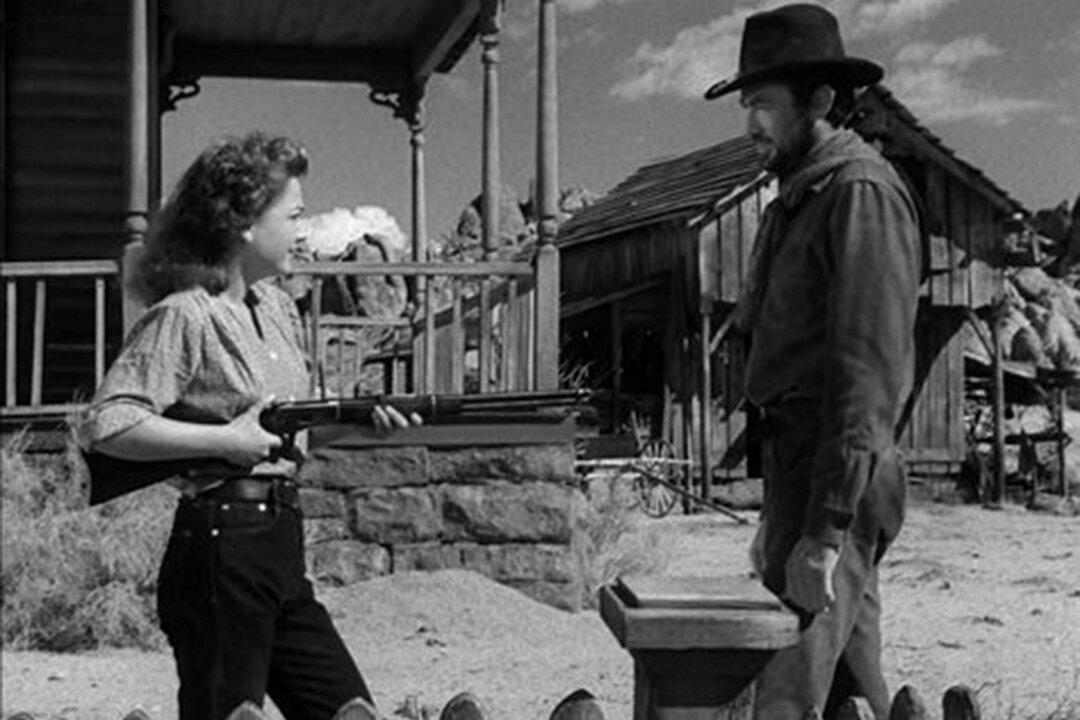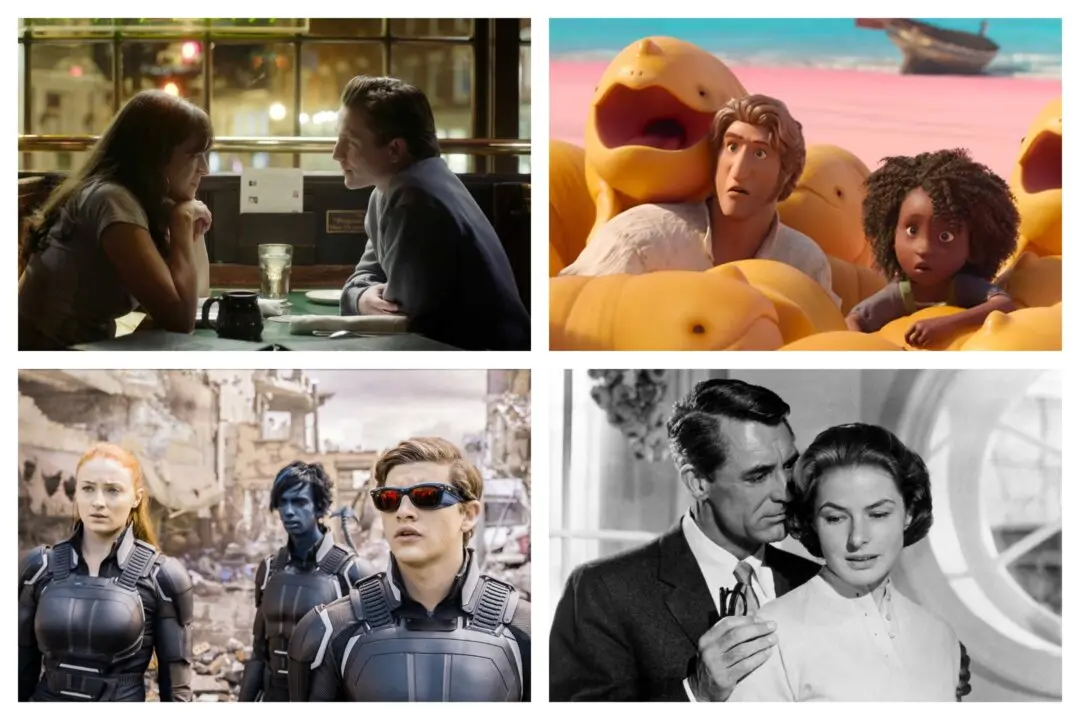Not Rated | 1h 38min | Crime, Western | 1948
I’ve seen a number of outstanding Westerns starring Gregory Peck, with “The Gunfighter“ (1950) and “The Big Country” (1958) being counted among my personal favorites. However, a lesser-known film titled “Yellow Sky” (1948) is perhaps the most unconventional: a hodgepodge of seemingly incongruous elements that, under the guidance of a lesser director, could have fallen apart at its seams.






